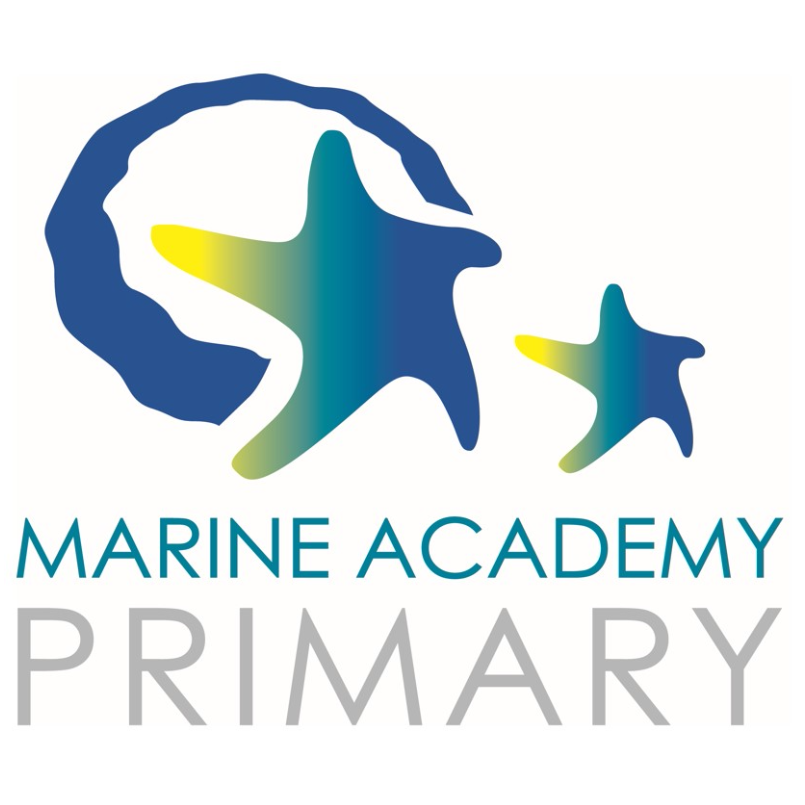History
At Marine Academy Primary, we believe that high-quality History lessons inspire children to want to know more about the past and to think and act as historians.
Children in our Reception classes begin to learn the concept of history as they talk about past events in their own lives. In Term 1 during their ‘Who am I?’ topic, they remember and discuss those special people in their lives, past and present. In Term 2 as part of their ‘Festivals of Light’ topic, they learn about historical and present Diwali traditions. In Term 3, the children will learn about significant figures in history, such as Amy Johnson who was the first women to fly solo from London to Australia in a plane. The children explore how transport has changed over time, looking at similarities and differences between transport of the past and what we use today by using their observational skills when looking at pictures. Throughout Term 4, children look closely at how things change over time including, plants, animals and themselves. These topics provide the Reception children with an excellent foundation on which to develop the concept of time in preparation for KS1 where they will study History in more depth.
The History curriculum in Key Stages One and Two seeks to give pupils a solid foundation and broad overview in some of the most important periods, events and themes in local, national and world history. It is comprehensive but necessarily selective. The curriculum gives pupils a strong grounding in British history and in Key Stage 2, is taught chronologically from the first settlements through Roman Britain, the Vikings, Anglo-Saxons, the medieval period and up to the Industrial Revolution and touching on Britain during the two World Wars. Each topic includes learning about relevant local history and events that link to the period of study.
While studying these periods the units explore themes of change and continuity, perspective and power. The units exploring world history have been carefully selected to provide global coverage and introduce a number of themes.
In Year 3, the unit on Ancient Greece introduces key ideas around power and its legitimacy. The Shang Dynasty gives insight into the progress and achievements in China at a time when there was much less occurring in Europe. Whilst in Year 4, children develop their knowledge of Roman Britain before studying the Anglo-Saxons and Scots and ending with the Vikings. In Year 5, the Medieval Monarchs unit gives pupils an overview of the history of the British monarchy and the lasting legacy formed today, through the evolution of democracy and construction of castles. The unit on the Benin Kingdom challenges the narrative often prevalent in the teaching of African history – celebrating a highly successful civilisation while introducing the slave trade. Finally, in Year 6, the unit on Civil Rights examines the way black people have been treated in the USA, through the Civil Rights movement and Dr King, right the way to the Black Lives Matter movement. By bringing pupils up to the present day – in the case of Plymouth: A City of Voyage and Discovery and Civil Rights – the curriculum demonstrates the importance of past events in shaping the world of today.
Throughout the curriculum, connections and comparisons are made between events and individuals. For example, the unit on the Industrial Revolution explores the Great Reform Act by taking pupils from the Magna Carta through the changing seat of power in England over the subsequent six hundred years. Pupils are taught the substantive content which defines each period. This knowledge is meticulously planned and regularly revisited and elaborated upon. More abstract concepts, too, are carefully developed so that pupils gain an increasingly sophisticated understanding of, for example, kingship or empire. However, it is not only substantive knowledge that is taught. The disciplinary skills of history, such as source analysis, interpretation, perspective, continuity and change are all explicitly taught and practised. Children then apply these skills and knowledge by producing an end of unit piece to synthesise their knowledge at the end of each unit. This is usually in the form of an essay, information booklet, presentation or timeline.
The curriculum is deliberately ambitious. It challenges pupils to make connections across time and place and sets up pupils for a lifelong love and understanding of an important subject, while providing a foundation of understanding that will make them curious, active citizens of this country and the world.
We develop children with the following essential characteristics to help them become historians:
- An excellent knowledge and understanding of people, events and contexts from a range of historical periods, including significant events in Britain’s past;
- The ability to think critically about history and communicate ideas confidently to a range of audiences;
- The ability to support, evaluate and challenge their own and others’ views using historical evidence from a range of sources;
- The ability to think, reflect, debate, discuss and evaluate the past by formulating and refining questions and lines of enquiry;
- A respect for historical evidence and the ability to make critical use of it to support their learning;
- A desire to embrace challenging activities, including opportunities to undertake high-quality research across a range of history topics;
- A developing sense of curiosity about the past and how and why people interpret the past in different ways.
